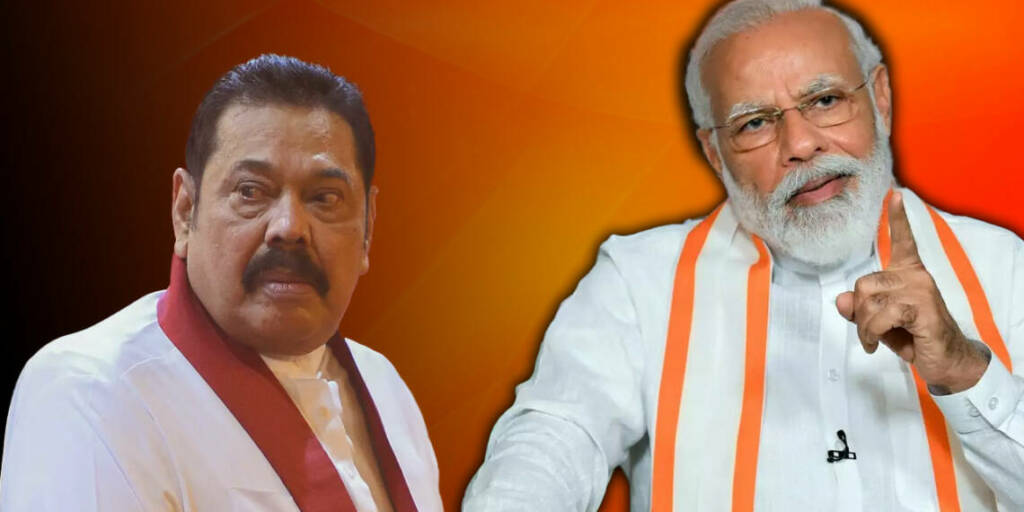Just when it seemed like the neighbouring island country of Sri Lanka had started mending its ways by adhering more and more to the Indian side and decoupling itself from the Chinese clutches, comes another decision which shows that Colombo is yet to be trusted fully by New Delhi. According to media reports, the Gotabaya Rajapaksa cabinet on Monday cancelled the trilateral Eastern Container Terminal (ECT) project between Sri Lanka, Japan, and India. The East terminal will now be 100 per cent owned and operated by the state-owned Sri Lanka Port Authority (SLPA)
Colombo had previously stated that the port would be 49 per cent operated by India and Japan, with SLPA retaining the majority stake. The said agreement was first signed by the former Maithripala Sirisena-Ranil Wickremesinghe administration. Instead, the two countries will now be invited to develop the nearby West terminal on a public-private partnership basis.
The Indian side conveyed its dismay in muted words and called Sri Lanka to honour its agreement to allow it to operate the port terminal. “The commitment of Government of Sri Lanka in this regard has been conveyed several times in the recent past, including at the leadership level. Sri Lanka cabinet also took a decision three months ago to implement the project with foreign investors,” the embassy said.
The complete volte-face from the Sri Lankan regime has come as a shocker to many experts keeping an eye on the developments. India’s External Affairs Minister S Jaishankar had visited Colombo last year to give the final touches to the deal and it looked like signing the agreement was a mere formality now.
But, the Rajapaksa cabinet instantly cancelled the entirety of the deal and walked back on the decision saying it was under pressure from the trade unions and the public response was not in favour of the agreement. However, reports and allegations swirling among the diplomatic circle have insinuated that the Chinese played a major role in instigating port unions’ protest against India’s interest.
The theory cannot be passed off as mere gossip because China still has considerable sway in the island country, Sri Lanka. Since capturing the Hambantota port in 2016, Colombo has been dragged in chains by its Chinese masters, and the entire endeavour to cancel the ECT project, reeks of Chinese intervention.
The lexicon used by PM Rajapaksa while detailing his decision to back out of the deal raises further questions. Unlike China, India was taking over the port to develop it and counter the Chinese threat. Rajapaksa talked about, ‘buying’ and selling as if New Delhi was looking to emulate what Beijing did four years ago.
“There is no issue. We have not sold or leased this to anybody. This is under our control. If the trade unions came and spoke to me, I would have told them this. But, they are aware of this,” PM Rajapaksa had said a day earlier before the cabinet meeting.
While getting access to West Port Terminal may not be the worst thing to happen but the Indian government needs to send a stern message to Sri Lanka that it cannot take such decisions unilaterally and not face any consequence for it.
India can make life tough for Sri Lanka, isolating the tiny island nation, geo-politically and on the economic front. Sri Lanka is dependent on India for the COVID-19 vaccine, while China tries to force the inferior Sinopharm vaccine down its throat. The economy of Sri Lanka is in tatters and it is New Delhi that can help it wade through these testing times. However, if Colombo continues to trudge on this path, then New Delhi would be left with no choice but to take retrospective actions on it.
